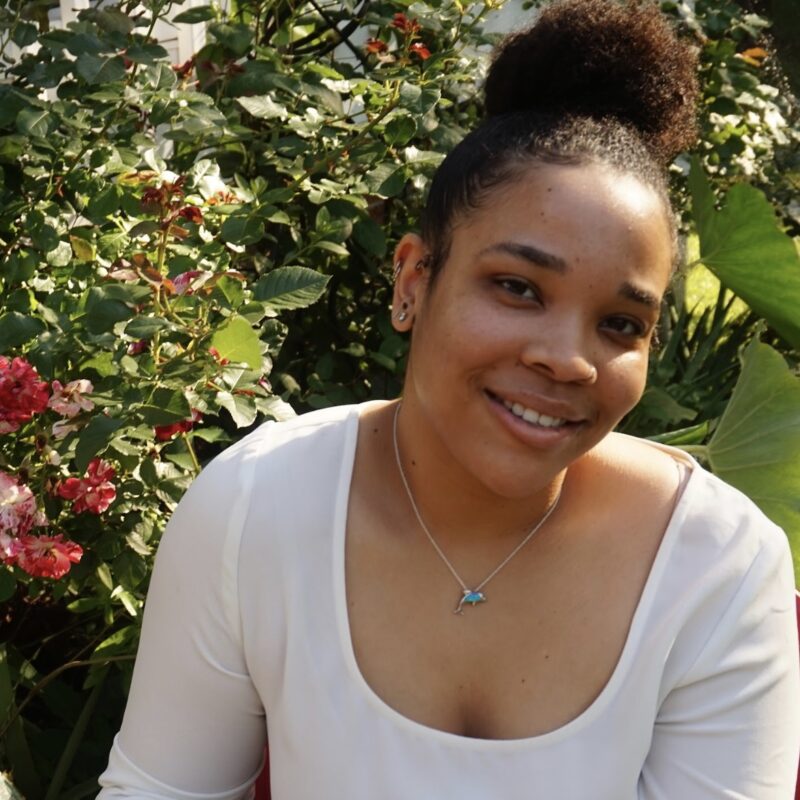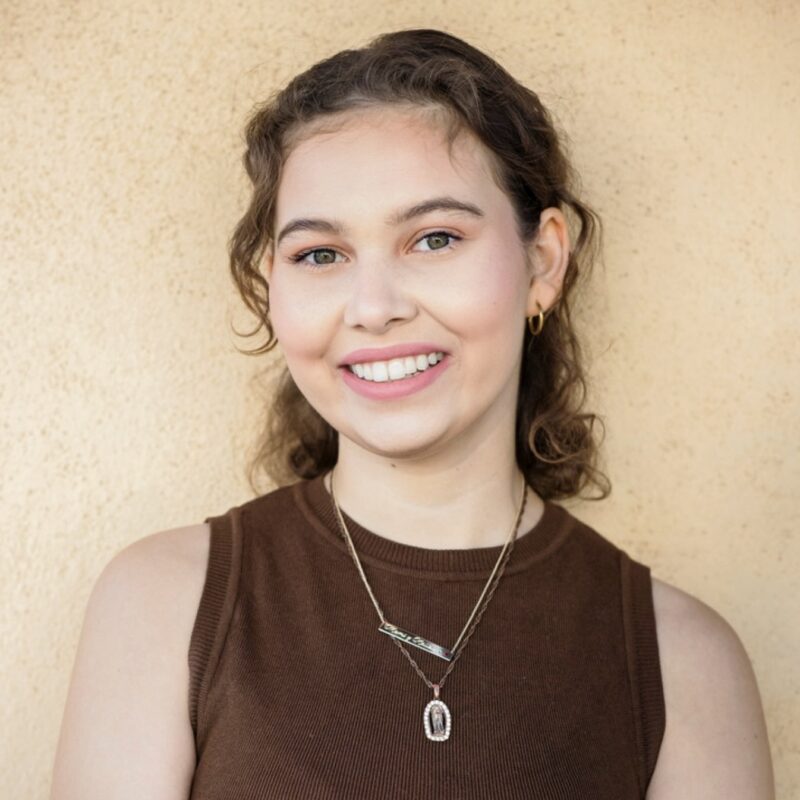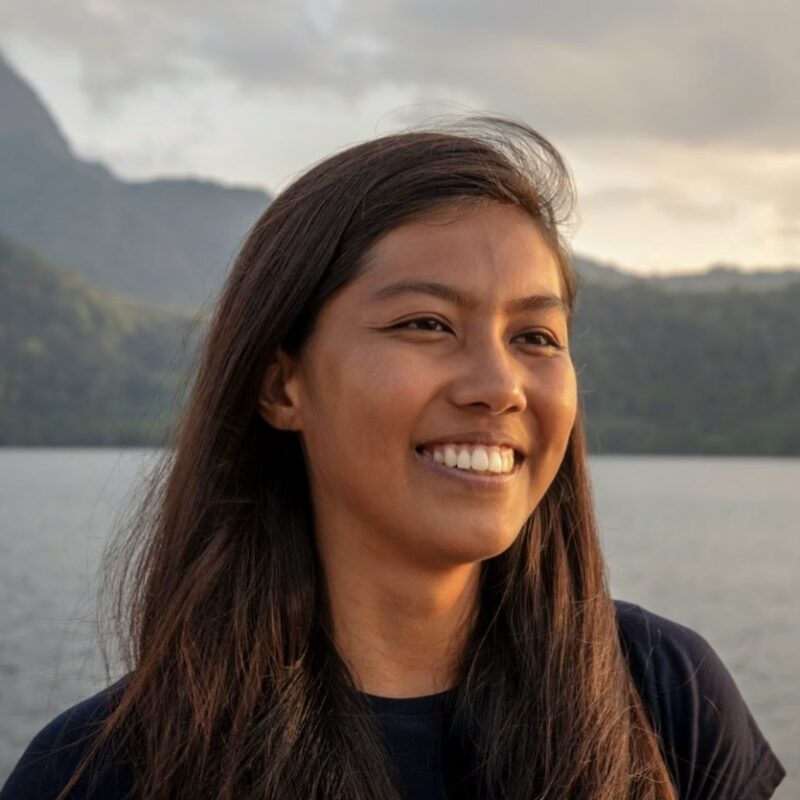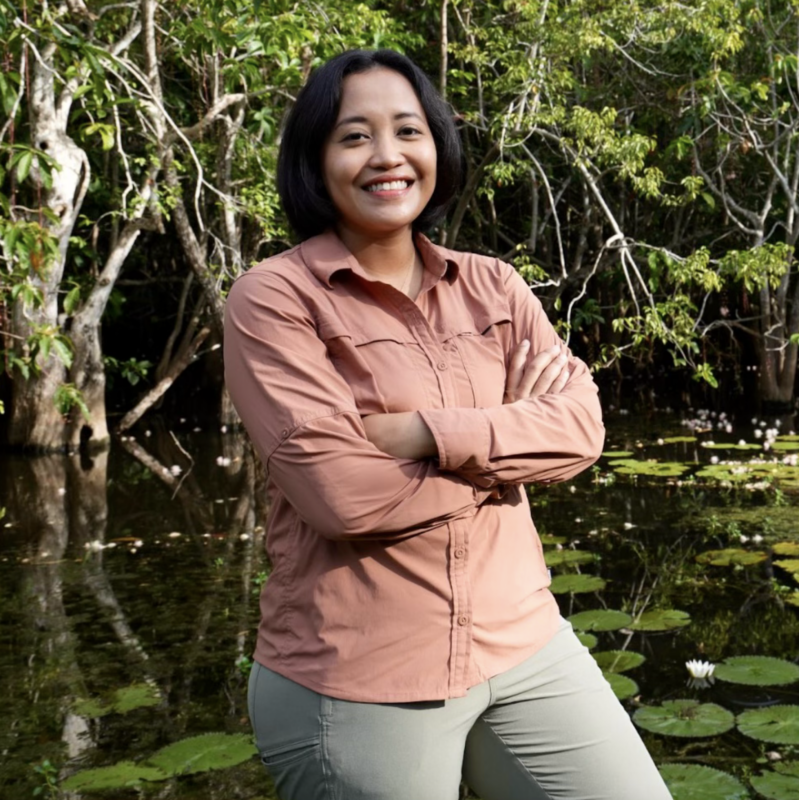
environmental justice, nature & conservation
Meet the 2023 Pritzker Environmental Genius Award Candidates #1-5
By Claire Griffiths
The first group of candidates for the 2023 Pritzker Emerging Environmental Genius Award includes a marine ecologist, an activist, a climate tech CEO, a marine conservation scientist and the executive chair of an Indonesian environmental conservation foundation. They are restoring marine ecosystems, fighting against environmental injustices and promoting a circular economy.

Anjali D. Boyd, marine ecologist, educator, entrepreneur and elected official, iNviTECH, Duke University, Durham County Soil and Water Conservation District
By 2030, the size of the ocean-based economy is expected to double to generate over 3 trillion dollars annually. This growth presents significant economic opportunities, but exacerbates current challenges, such as disparities in representation and access for marginalized groups.
Anjali D. Boyd integrates economic opportunities for underrepresented groups in the environmental field through her various roles and projects. As the director of iNviTechnology, Boyd leads the company’s initiative to combat the underrepresentation of women and ethnic minorities in STEM by implementing educational entrepreneurial programs for children. In her role as a board director for Black Women in Ecology, Evolution and Marine Science, she advocates for equal access to opportunities in the Blue Economy, or sea-based economy.
Currently pursuing a Ph.D. at Duke University, she is a dean’s graduate fellow, recipient of the National Science Foundation Graduate Research Fellowship and the Ford Fellowship. Her research aims to develop better, cost-effective ways to restore and repair damaged marine ecosystems, which are particularly sensitive to pollution and climate change. Boyd also serves as an elected official for the Durham County Soil and Water Conservation District, where she promotes conservation and awareness of environmental issues.

Nalleli Cobo-Uriarte, environmental activist and storyteller
Oil played a transformative role in shaping Los Angeles, with discoveries in the 1890s leading to the establishment of highly productive oil wells. California emerged as a global powerhouse, contributing nearly a quarter of the world’s oil production by the 1930s. The abundance of oil wells in Los Angeles was so pervasive that they were likened to a “forest” by the Los Angeles Times.
Nalleli Cobo-Uriarte emerged as a key figure in a grassroots campaign that successfully led to the permanent closure of a hazardous oil well in her South Los Angeles community. Growing up in the vicinity of the well, Cobo-Uriarte experienced health issues caused by pollution, igniting her passion for activism from a young age. She became a prominent spokesperson advocating for a ban on oil extraction in Los Angeles.
As a co-founder of organizations like People Not Pozos and the South Central Youth Leadership Coalition, Cobo-Uriarte fought against environmental racism and worked towards creating healthy and safe neighborhoods. Through her efforts, the AllenCo drilling site was permanently shut down, and the executives of AllenCo now face criminal charges for environmental violations. Cobo-Uriarte’s advocacy played a significant role in the passage of SB 1137, a legislation that prohibits new oil wells within 3200 feet of communities in California. In recognition of her achievements, Cobo-Uriarte was honored with the prestigious 2022 Goldman Environmental Prize and was included in the 2022 Time 100 Next list.

Garry Cooper, CEO & co-founder, Rheaply
Currently, the global economy only reuses less than 8% of the 100 billion tons of minerals, fossil fuels, metals and biomass that enter the system each year. This statistic illustrates a concerning trend: the global economy consumed more virgin materials in the past six years than it did throughout the entire 20th century.
To combat this trend, Garry Cooper is leading the way in transforming resource management. As the CEO and co-founder of Rheaply, a B2B climate technology company, Cooper works to promote the circular economy to minimize waste and reduce procurement costs. He also serves as a general partner at LongJump, a pre-seed venture fund in Chicago that focuses on investing in underrepresented founders and overlooked ideas.
Cooper was previously an adjunct assistant professor at Northwestern University, and worked on supply chain and performance issues for biotechnology companies at Ernst & Young. He holds a U.S. patent for his work in drug discovery for Parkinson’s disease, and he was named to Forbes Next 1000 and one of Goldman Sachs’ 100 Most Intriguing Entrepreneurs in 2021 and 2022. Cooper holds a doctoral degree in neuroscience specializing in Parkinson’s disease from Northwestern University.

Nesha Ichida, Program manager, co-chair of StAR Project Steering Committee, Thrive Conservation
Elasmobranchs, such as sharks and rays, are experiencing significant global population declines. Approximately one-quarter of the species are classified as threatened with extinction by the International Union for Conservation of Nature.
Leading the way in addressing this issue is Nesha Ichida, a marine conservation scientist and program manager at Thrive Conservation. Ichida is also at the forefront of the ReShark initiative, which aims to restore threatened elasmobranch populations through innovative conservation translocations using captive-bred offspring. This initiative aims to overcome the limitations of marine protected areas, which often fall short in recovering wide-ranging species like sharks and rays that extend beyond their boundaries.
Under Ichida’s guidance, ReShark has achieved many milestones, securing official governmental agreements and permits, successfully conducting the world’s first conservation translocation of an endangered shark species, and advocating for the protection of zebra sharks as a priority marine species in Indonesia.

Meizani Irmadhiany, senior vice president & executive chair, Konservasi Indonesia
According to the World Wildlife Fund, 50% of the world’s coral reefs have been lost or severely degraded. These crucial ecosystems support the survival of countless species and provide livelihoods for millions through tourism, fisheries and coastal protection.
In Indonesia, home to the world’s most biodiverse coral reefs and reef fish species, Meizani Irmadhiany takes the lead in protecting and conserving these valuable marine ecosystems. As the executive chair and co-founder of Konservasi Indonesia, she works closely with Indigenous and local communities, government partners and stakeholders.
Irmadhiany spearheaded the Blue Halo S Initiative, a sustainable financing model that supports Indonesia’s marine conservation and sustainable ocean economy development goals. Through this initiative, she aims to raise $300 million to expand marine protected areas, conserve territorial waters, promote sustainable fisheries and safeguard blue carbon ecosystems. This approach changed the conservation narrative in Indonesia and has potential to be replicated as a scalable model for other countries facing similar challenges.
